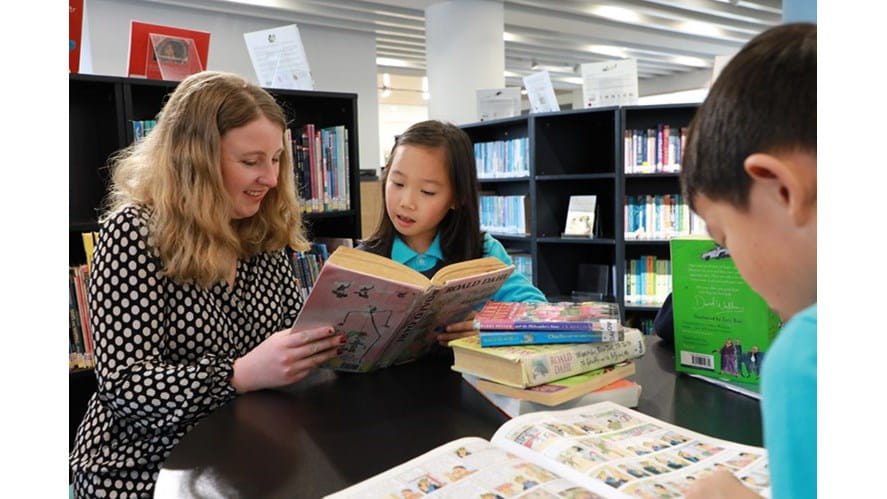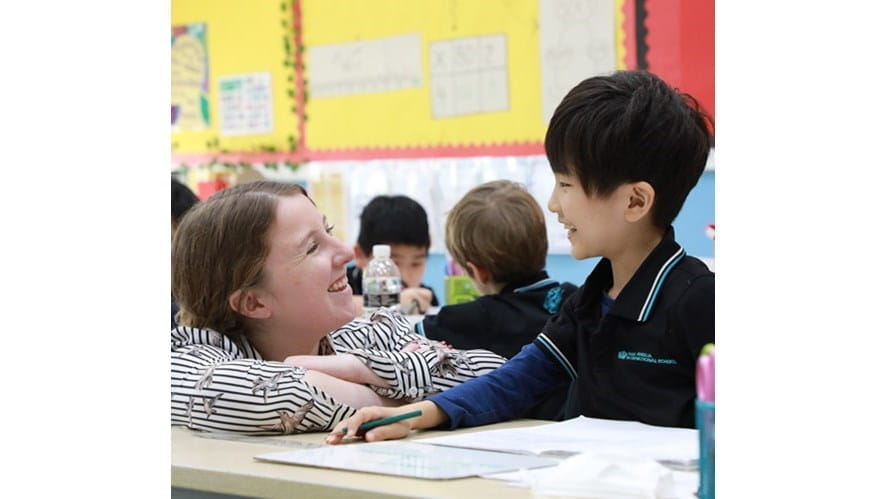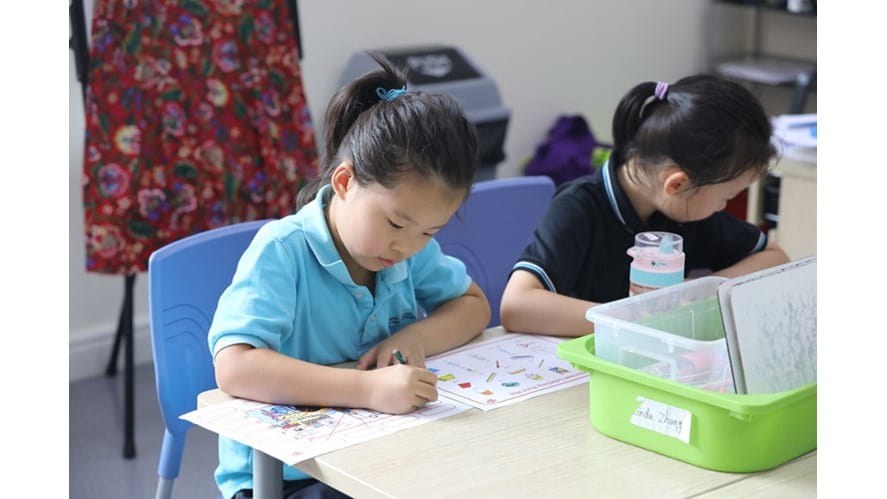In a world of TV and smartphones, why do we need books? “The more that you read, the more things you will know. The more that you learn, the more places you will go.” – Dr Suess.

“The more that you read, the more things you will know. The more that you learn, the more places you will go.” – Dr Suess.
In this current climate of ever-changing technology, COVID-19 and a new virtual lifestyle, reading and books could not be more vital. Being part of an international school and city allows us to learn from one another and develop a deeper understanding of different cultures and customs. The travel restrictions may prevent us currently from travelling far but the magic of a story allows you to visit a huge variety of places both real and fictional. We get the opportunity to be transported to another place through words and pictures whilst sitting down in the comfort of our own home.
My love of reading started at a very young age, when my mum would read to me each night until eventually, I was able to read by myself. I treasured the images that were created in my mind as I listened earnestly to what was being said. I loved that I could leave my little bedroom in England and go on an adventure around the world with princesses, witches and fantastical creatures each time I opened a book. Once I started reading independently, it didn’t take long for me to read to my younger siblings, my parents and even my toys, which I sat on the carpet like students in a classroom.
However, despite my interest in books, I had yet to find ‘THE BOOK’. Every adult has that one book that changed their whole perspective on reading, the one book that they read as a child which made the biggest impact on them. For me, I had two: Roald Dahl’s ‘Matilda’ and J.K. Rowling’s ‘Harry Potter and the Philosopher’s Stone’. When reading Matilda, I felt connected to the young girl with a passion for books and when reading Harry Potter, I fell in love with this alternate reality of magic and possibilities. Determined to pass on this enthusiasm I had, I lent my copies to friends, family members and even my teacher. I wanted to share my enthusiasm and the enjoyment I had when reading, with the people around me.
When I became a teacher, I was reminded of the wonderful array of children’s literature and why I initially fell in love with reading. As I mentioned previously, being part of an international community provides the opportunity to learn from one another and deepen our understanding of the different cultures and countries within the school. We must respect, tolerate and understand each other so that the international community is celebrated. Reading needs to be a reflection of this. It is essential to read books from a variety of authors that are set in different places and are of different genres. Reading allows us to develop our vocabulary, our understanding of people and our focus. Nowadays, technology is used so frequently that the amount of time one can pay attention and focus has significantly reduced. Reading helps improve this. It is a skill that is fundamental and essential to keep developing.
At NAIS Pudong, we continuously promote a love of learning and reading, both in and out of the classroom. When reading at home, children need to enjoy the process and develop a routine of reading, discussing and sharing their opinion. It is not simply a case of reading the words and closing the book; the children need to understand what they are reading so that they can embed the words into their own speaking and writing. It is important to create an environment for reading that is inviting, comforting and encouraging. At home, talk about books and stories; encourage the conversation, ask questions and build an understanding of the characters, so that the child can develop empathy towards the character which can then be reflected when they are working with others or in social situations. Build the discussion into your routine and encourage enthusiasm and passion. Read together, listen to audiobooks, visit a library, try the Global Campus Reading Challenge…just have fun.








.jpg?rev=-1&hash=4B1ADA74AB0E829CB2ECEE6BEF89D006)